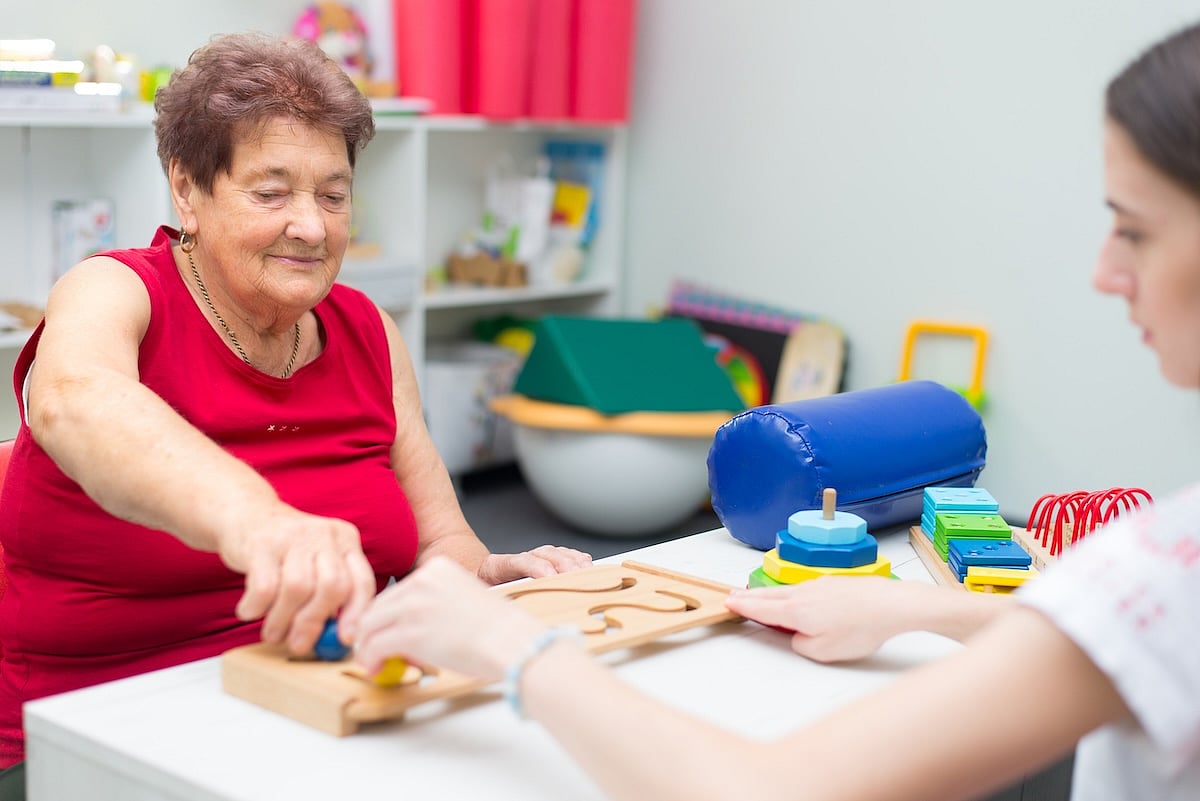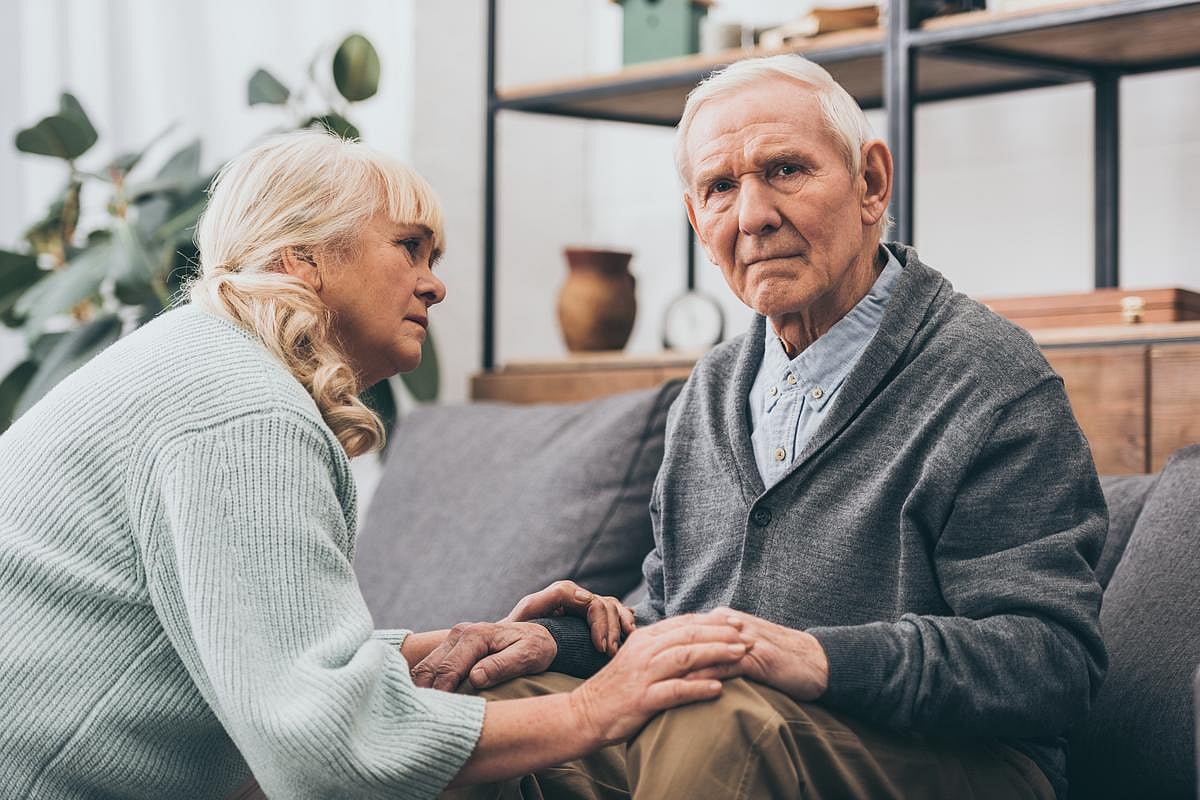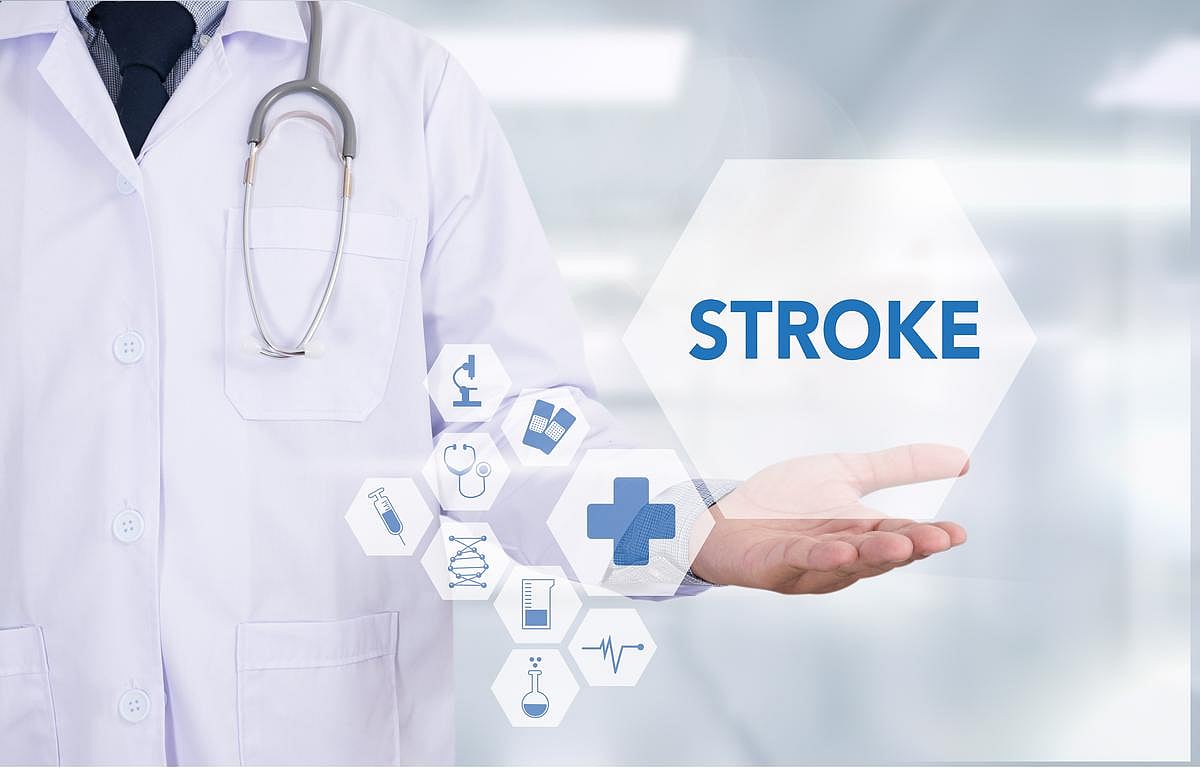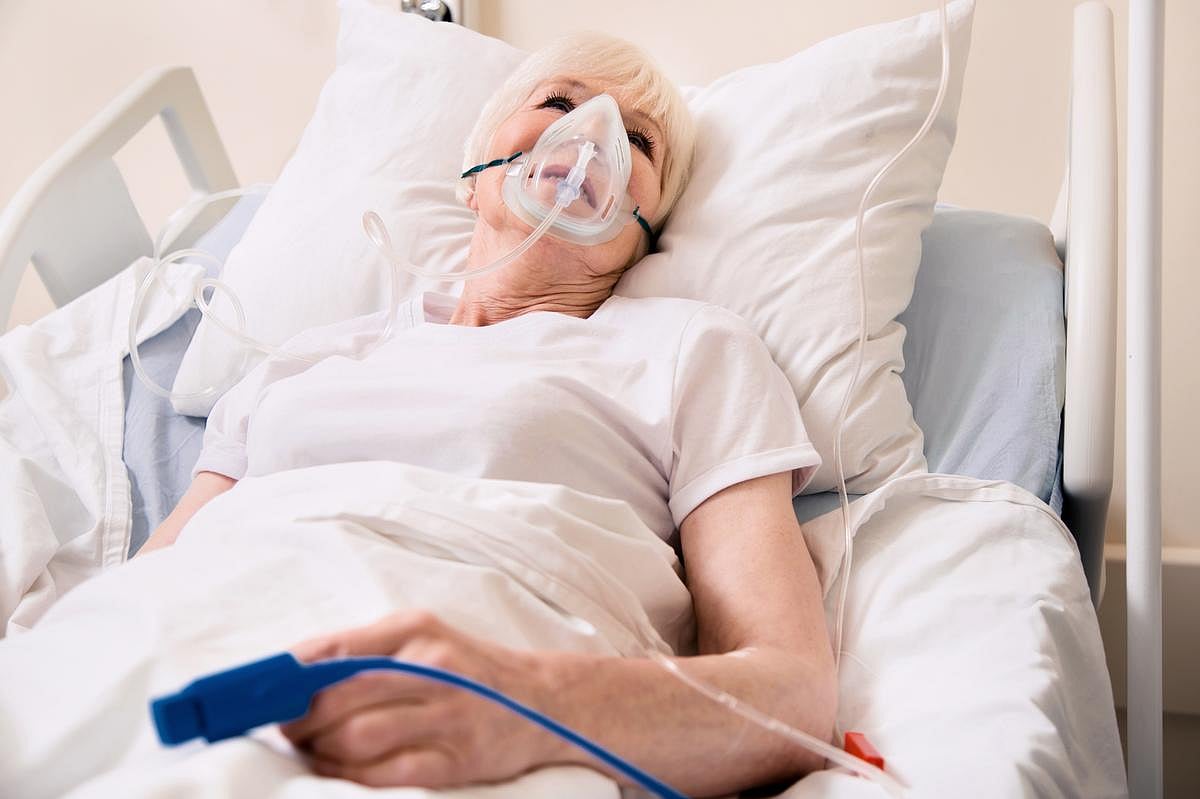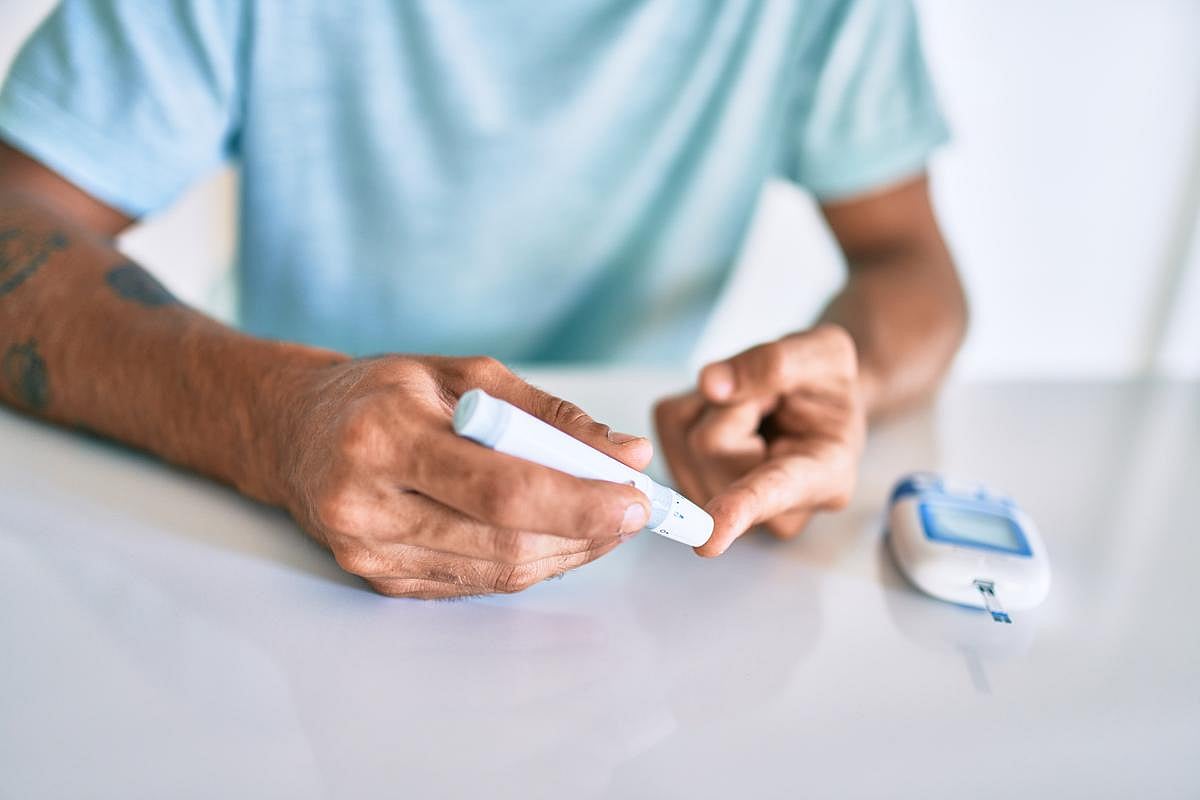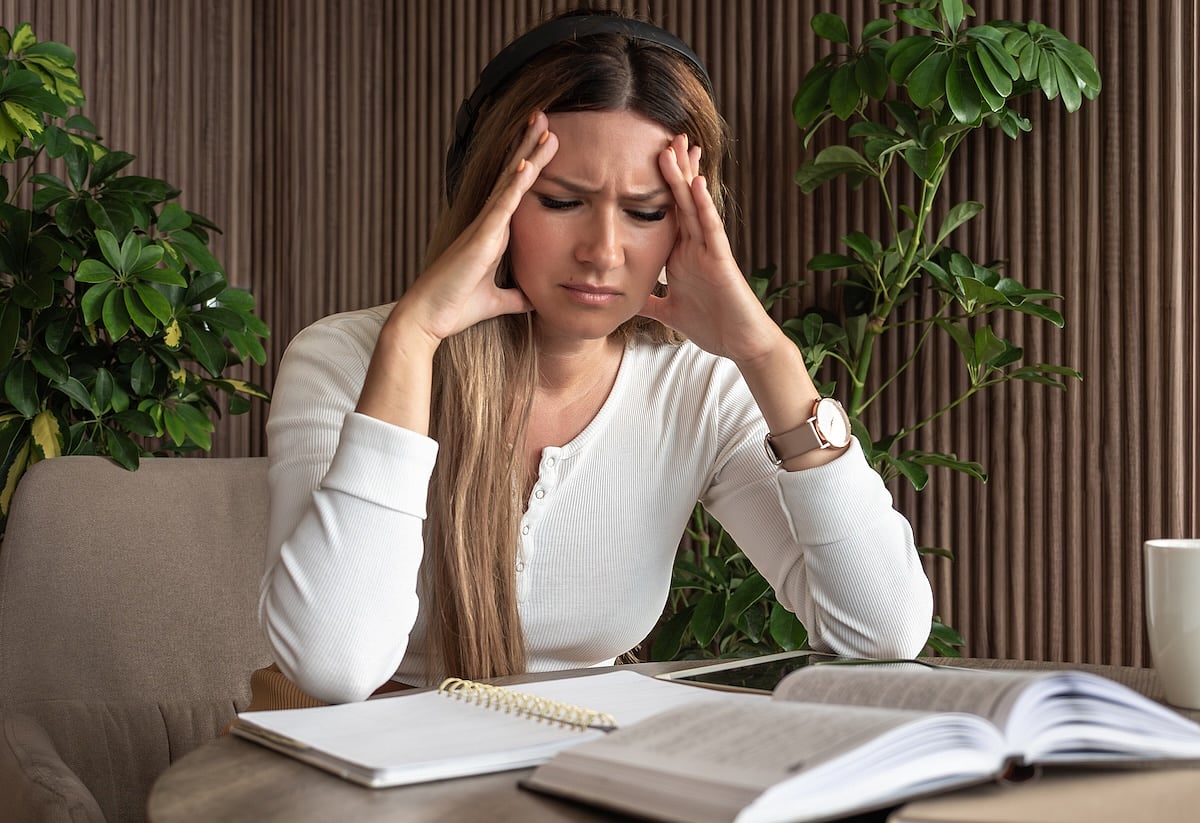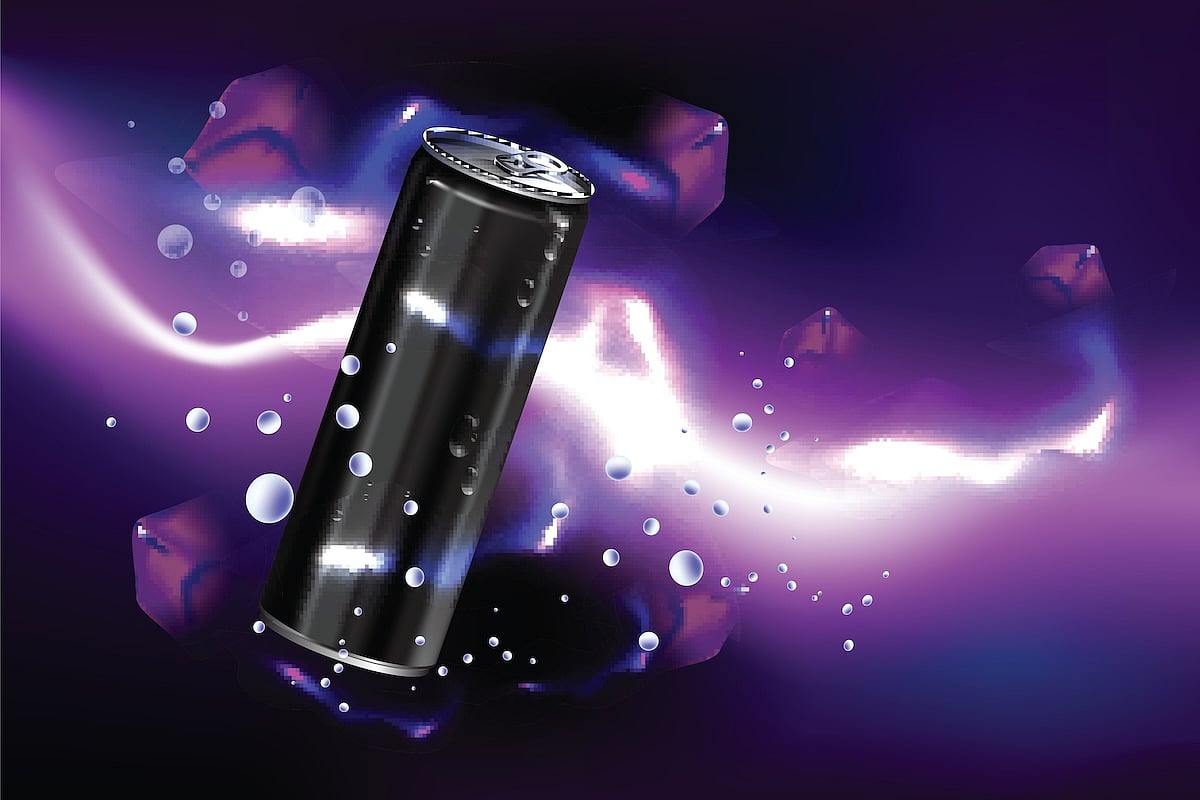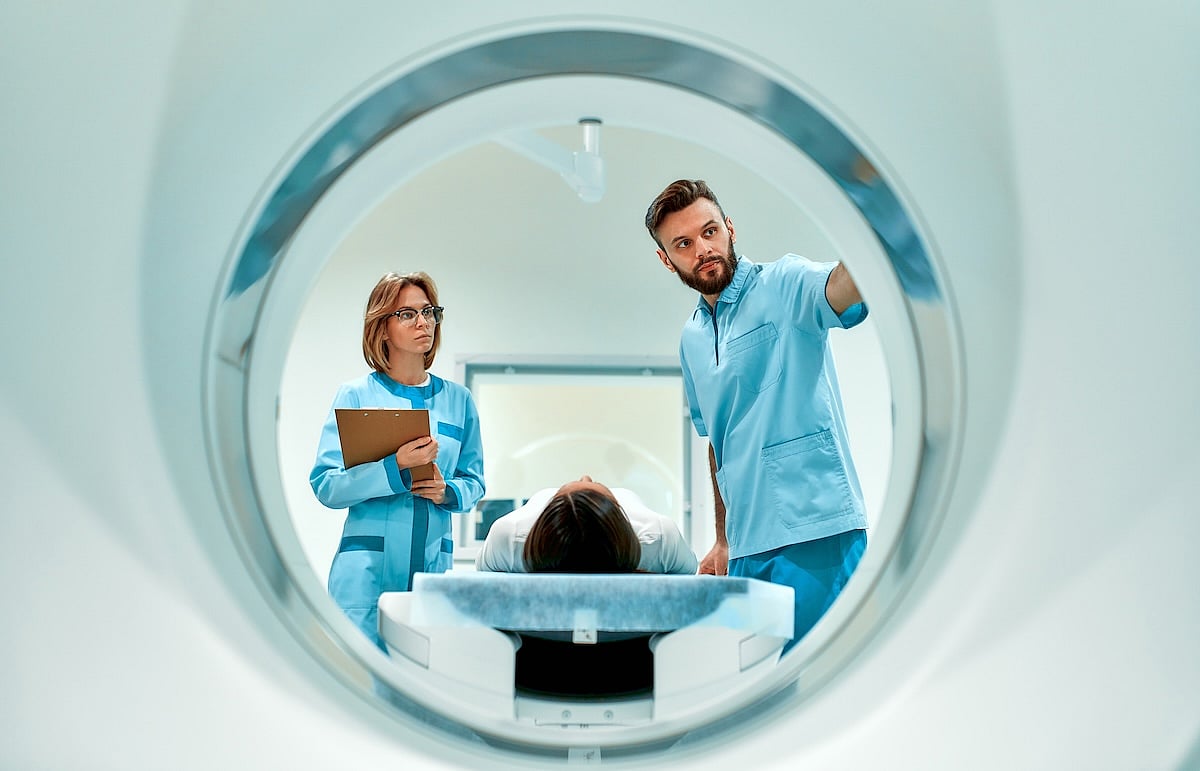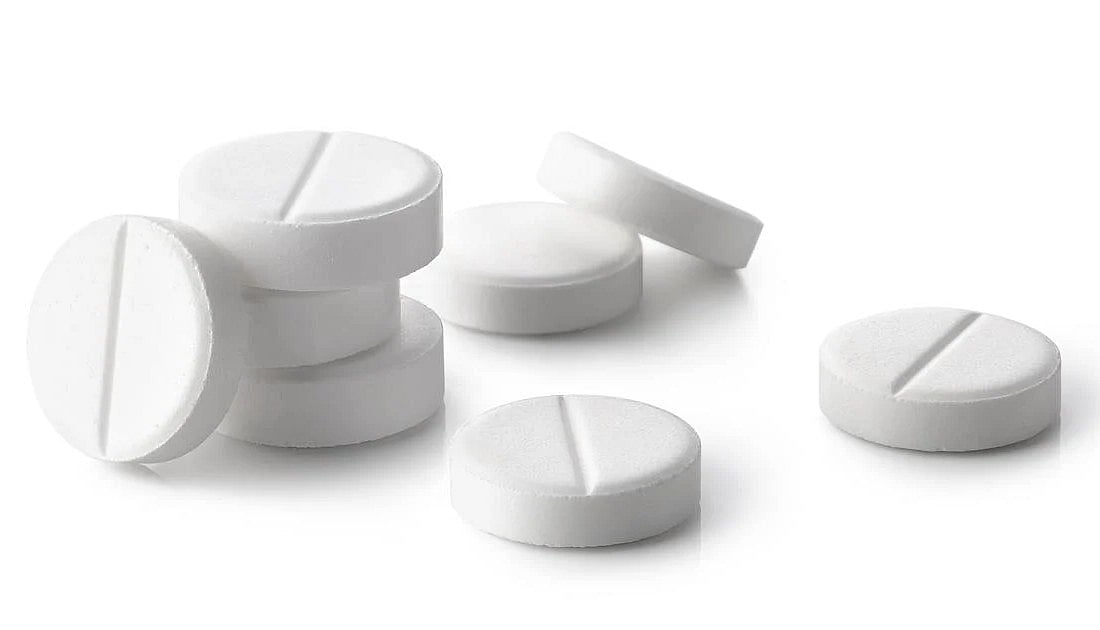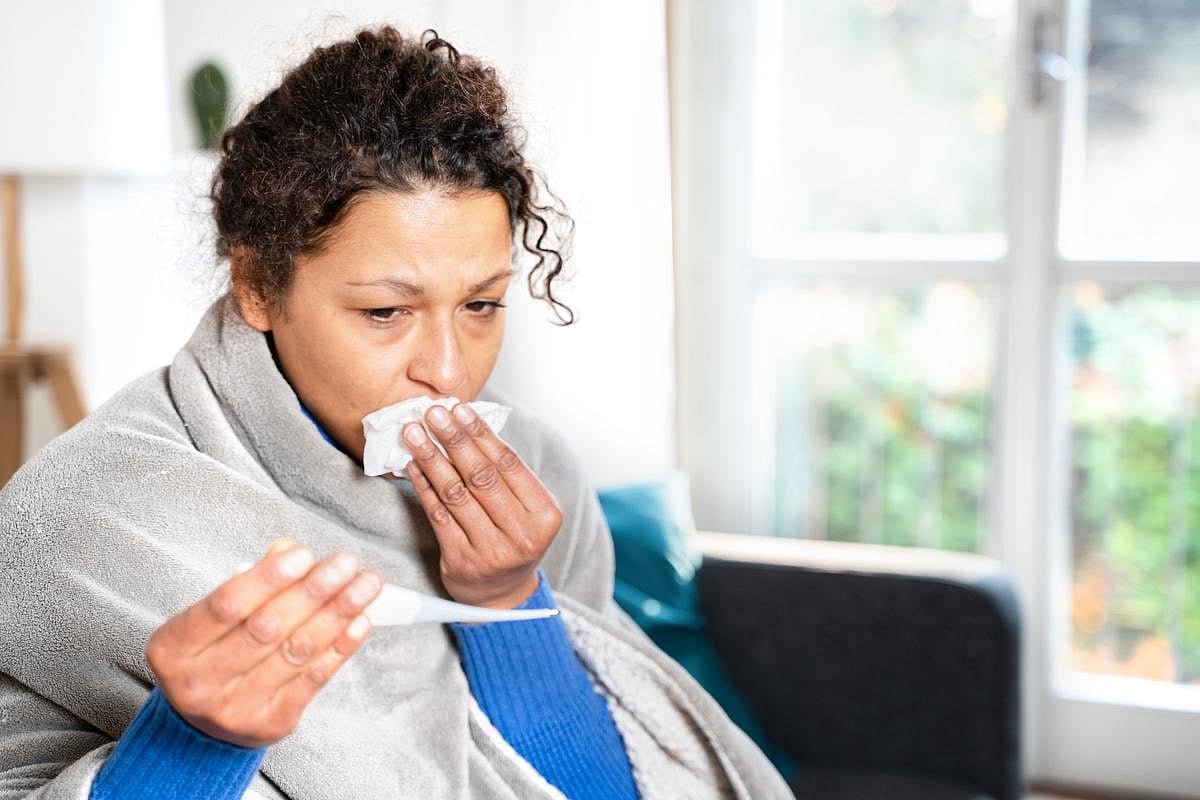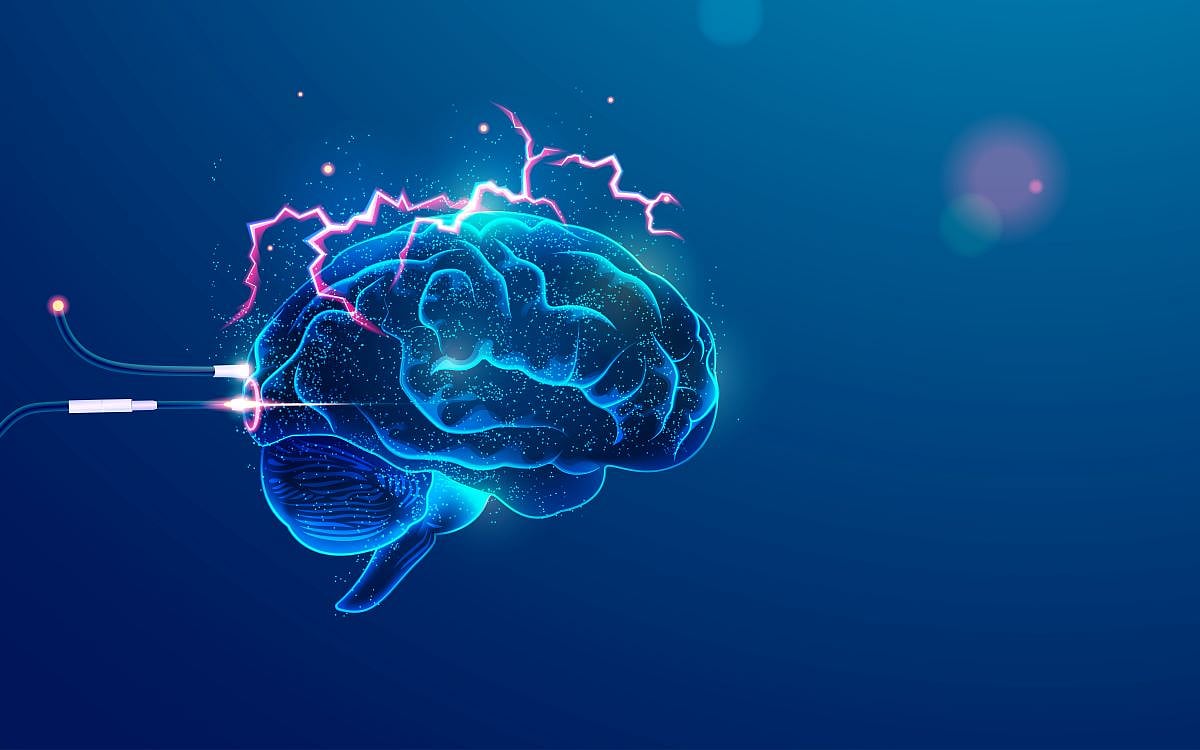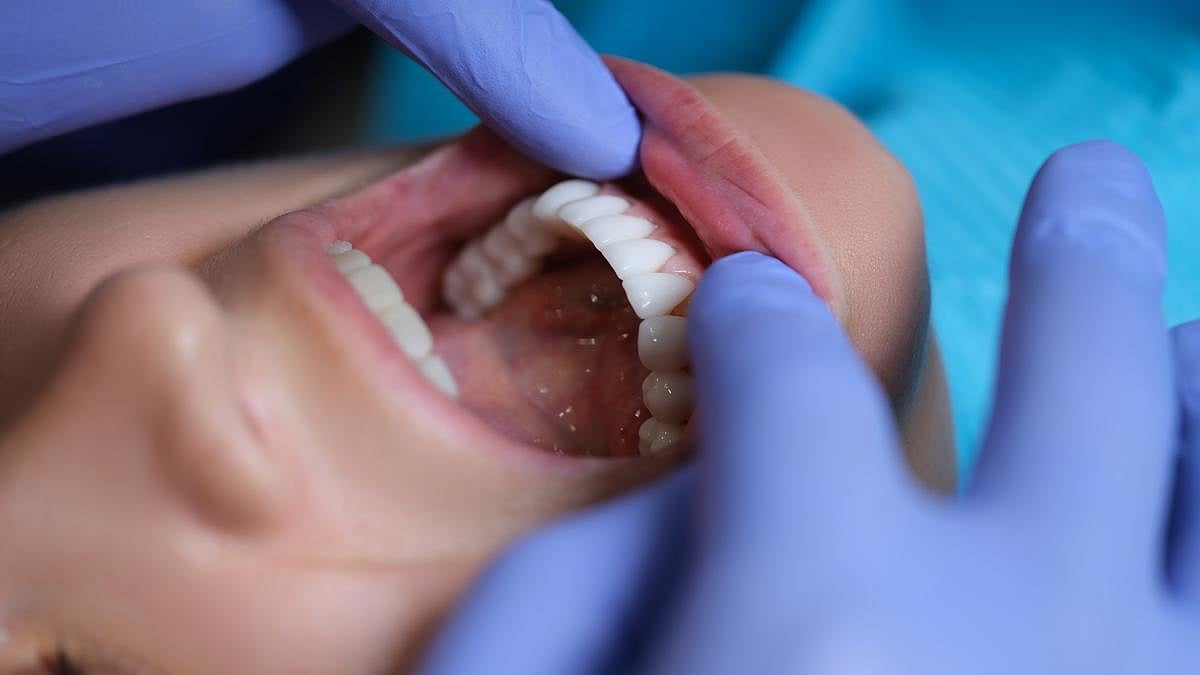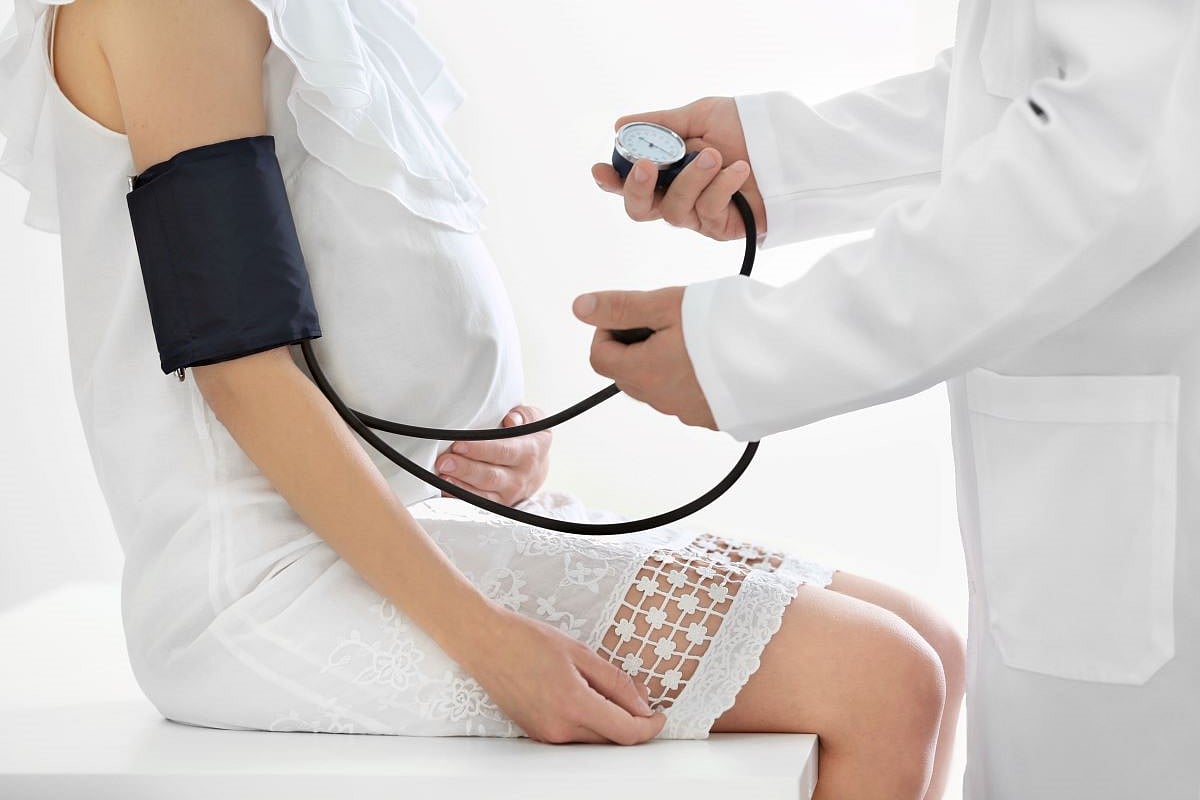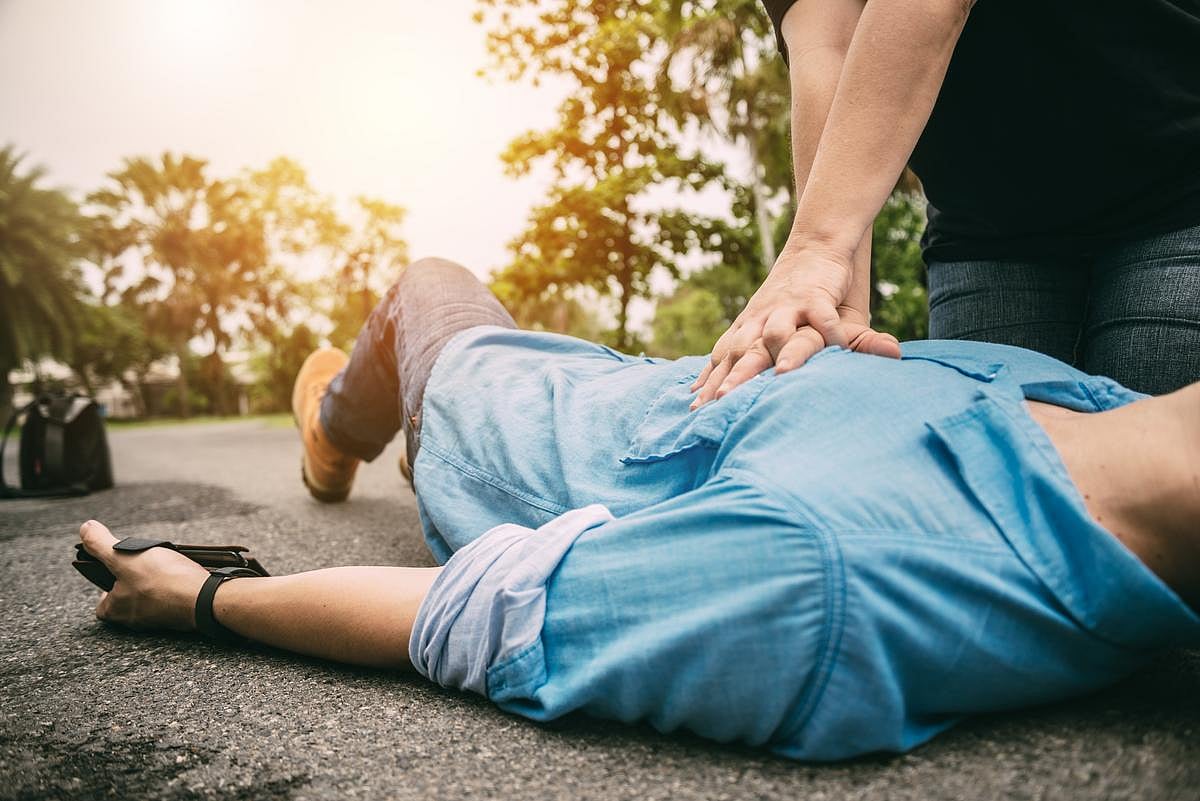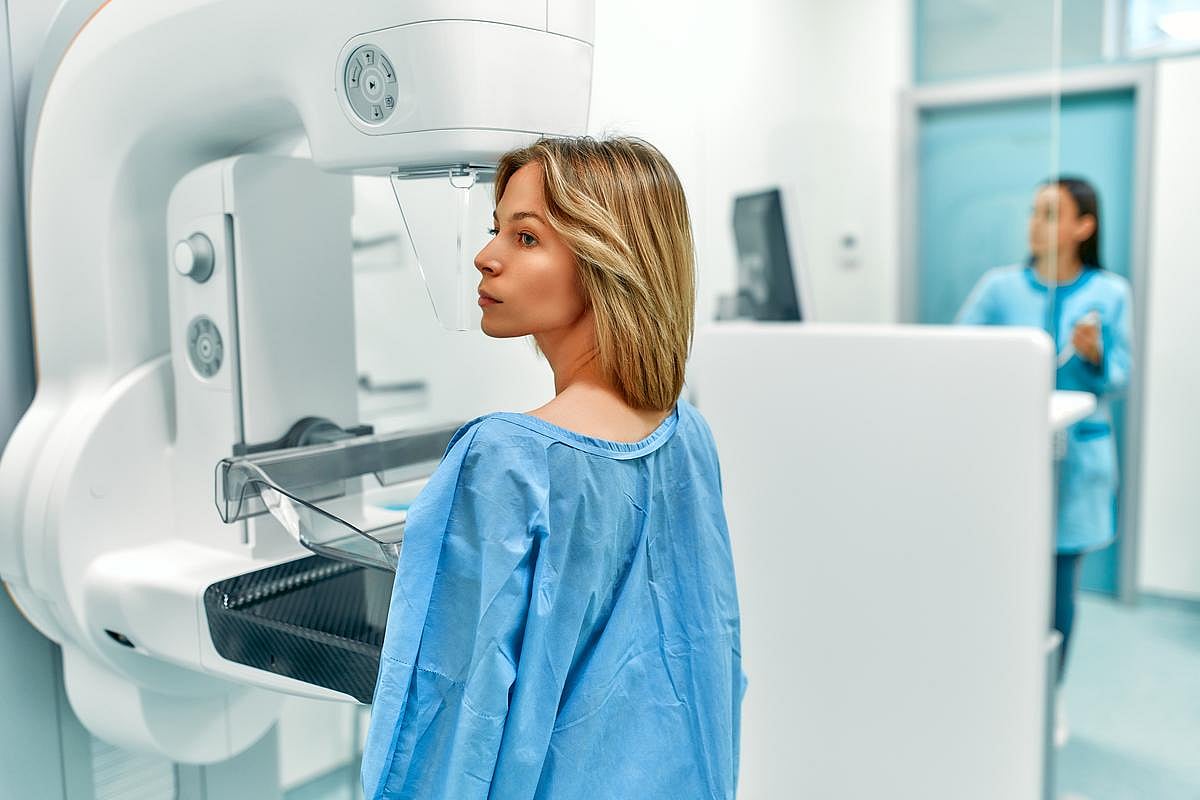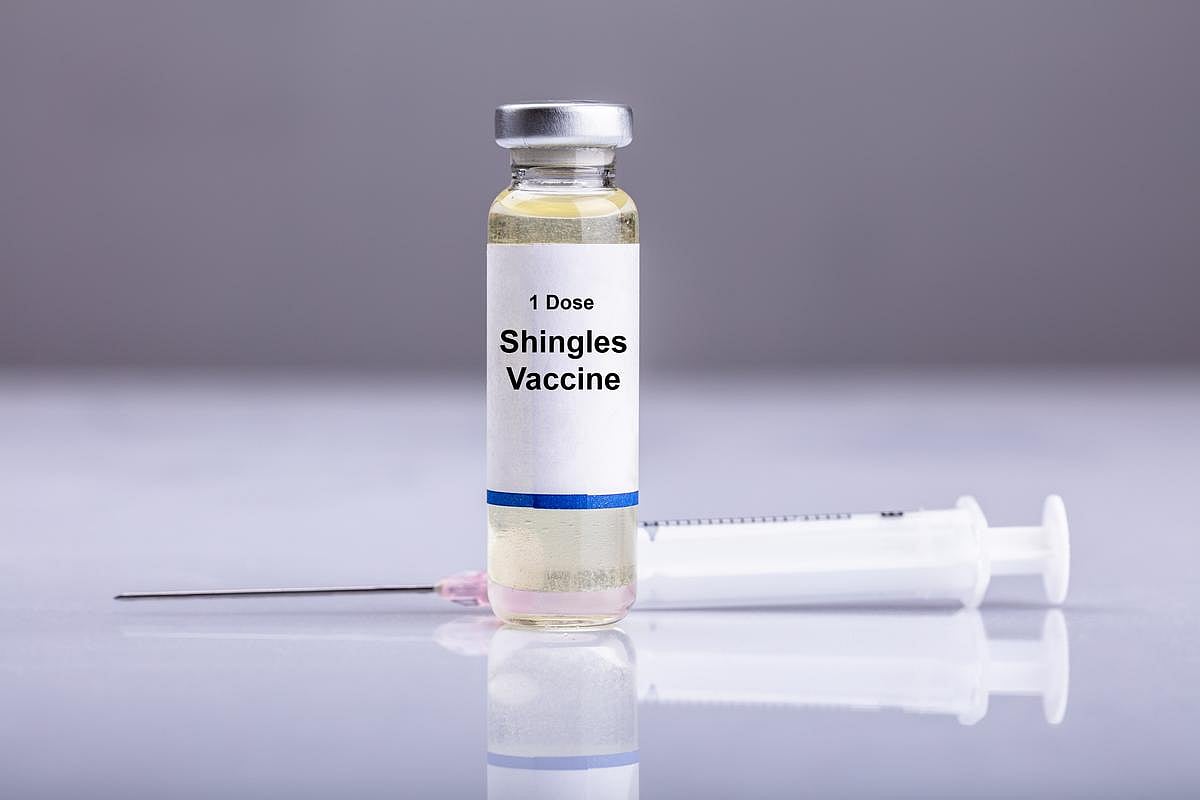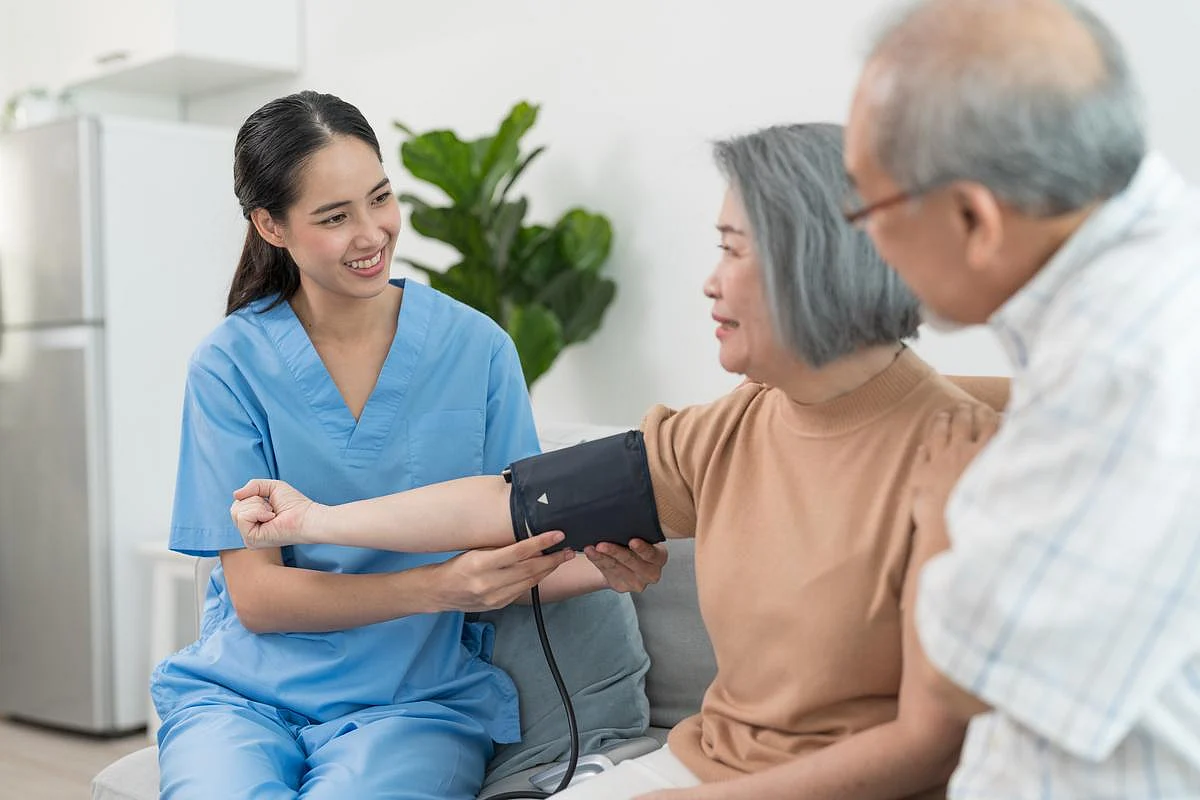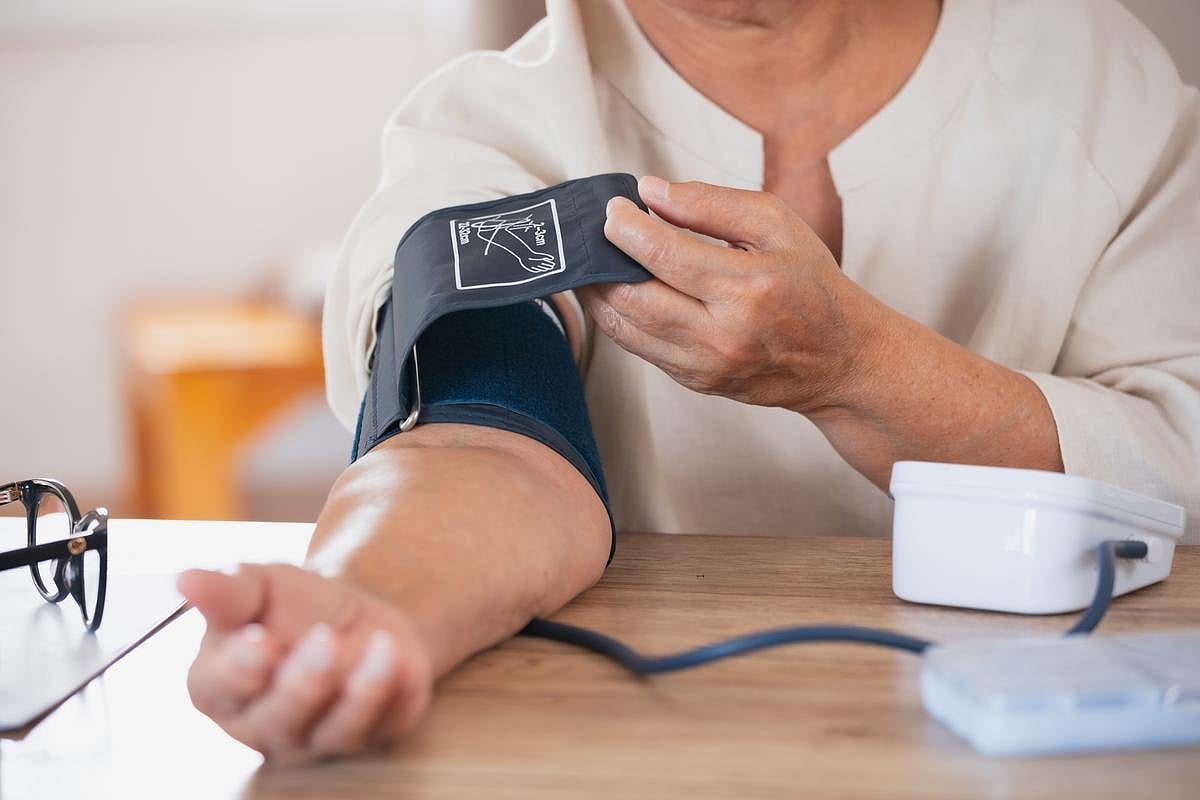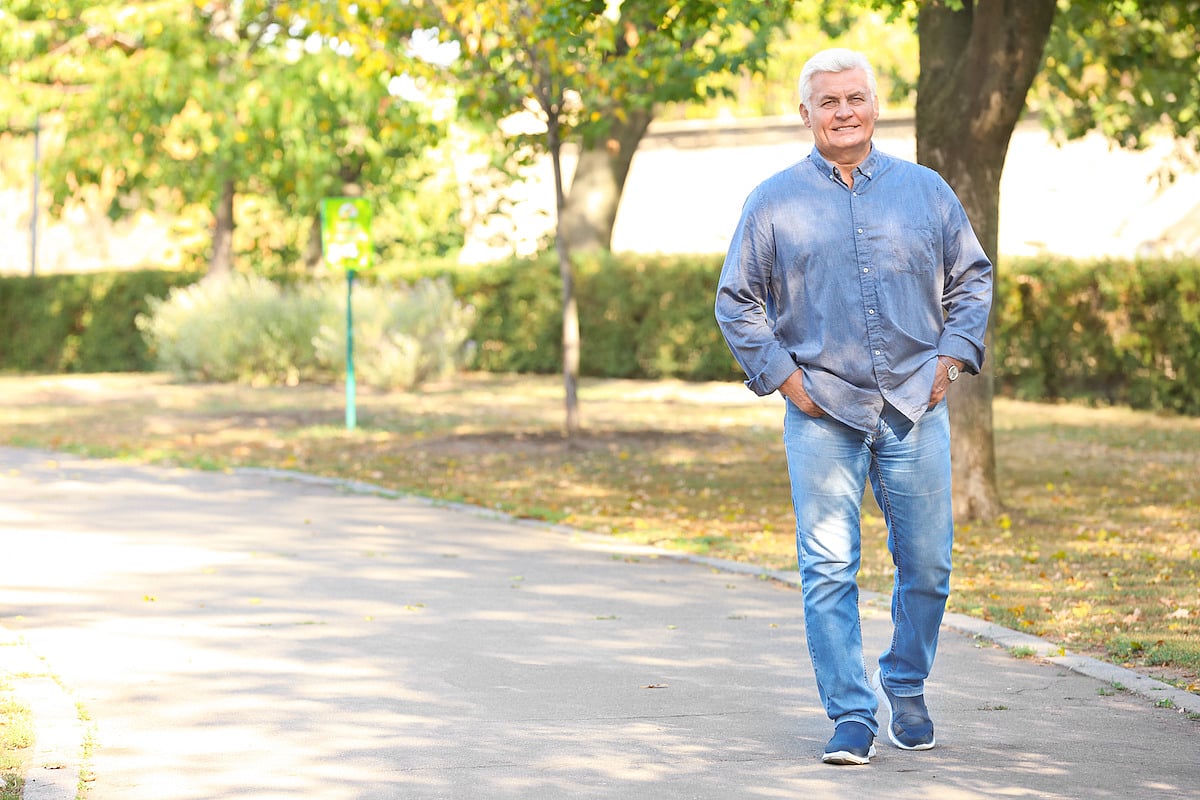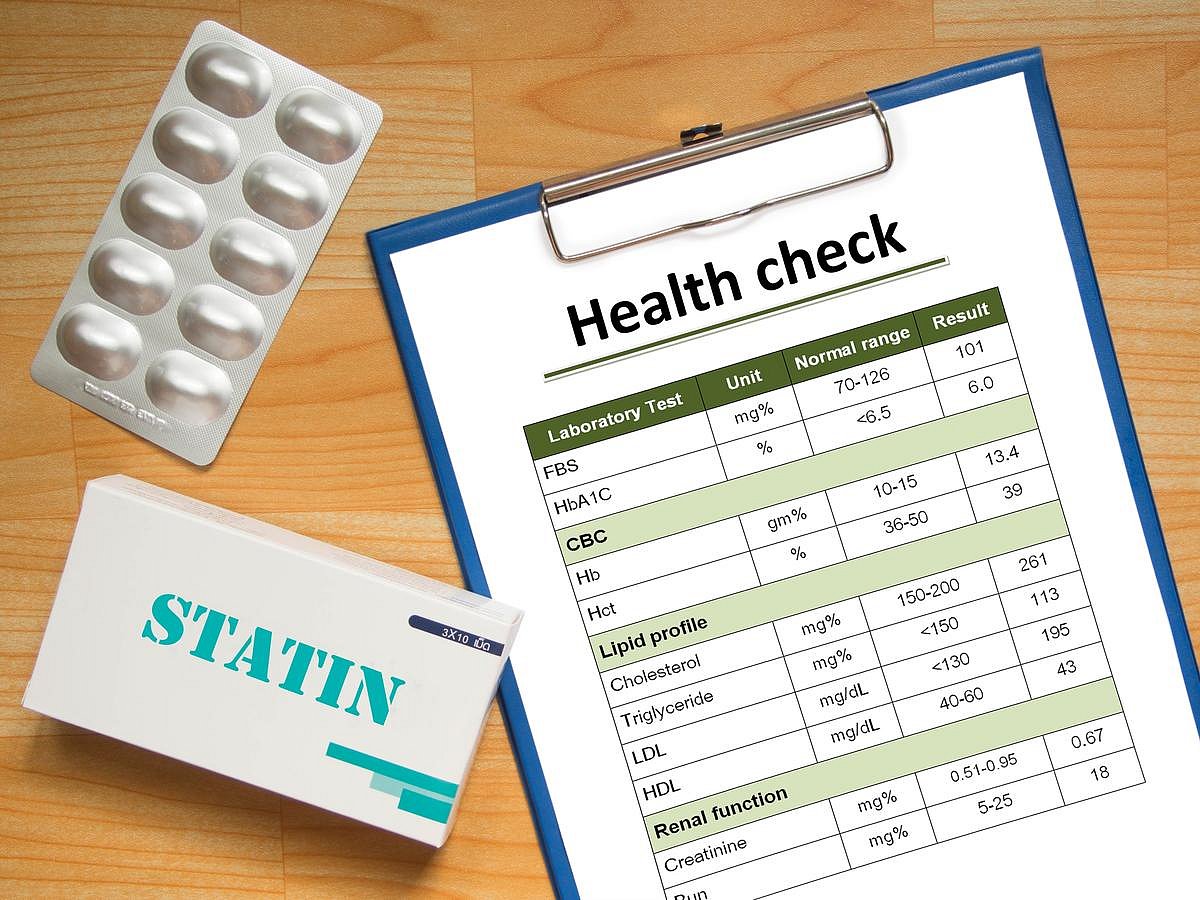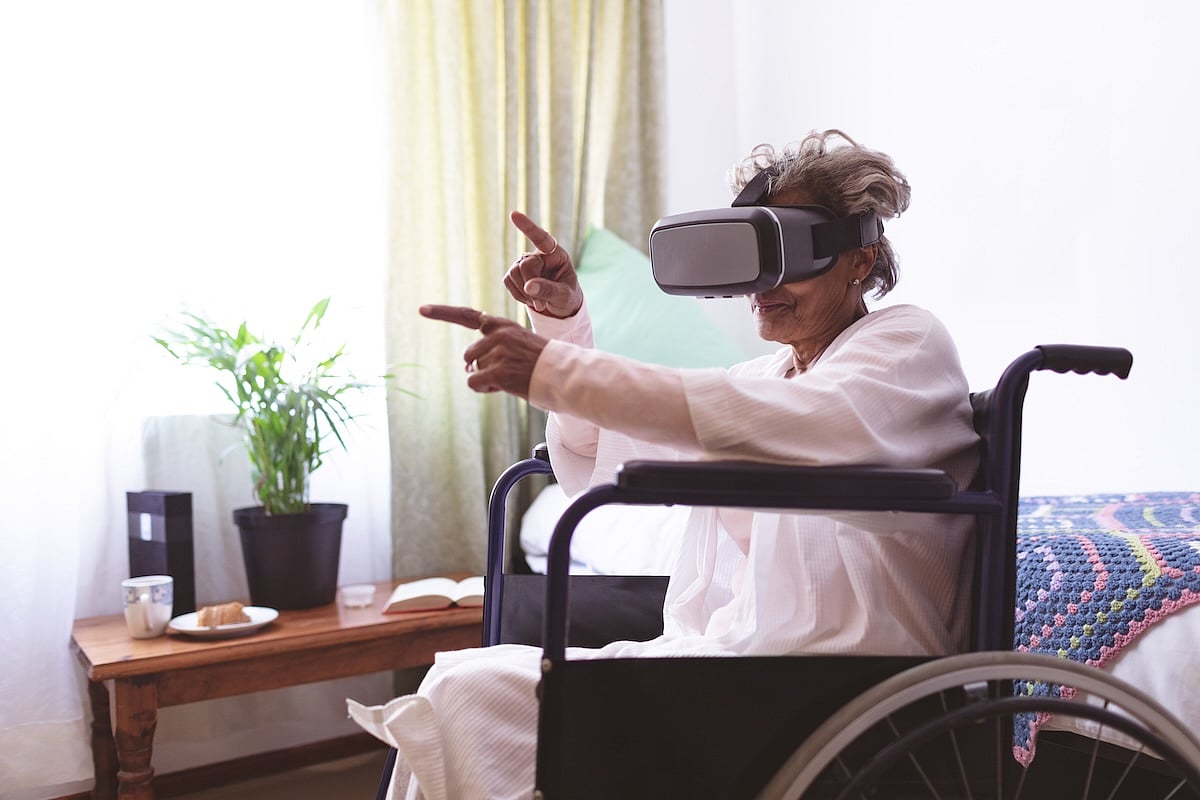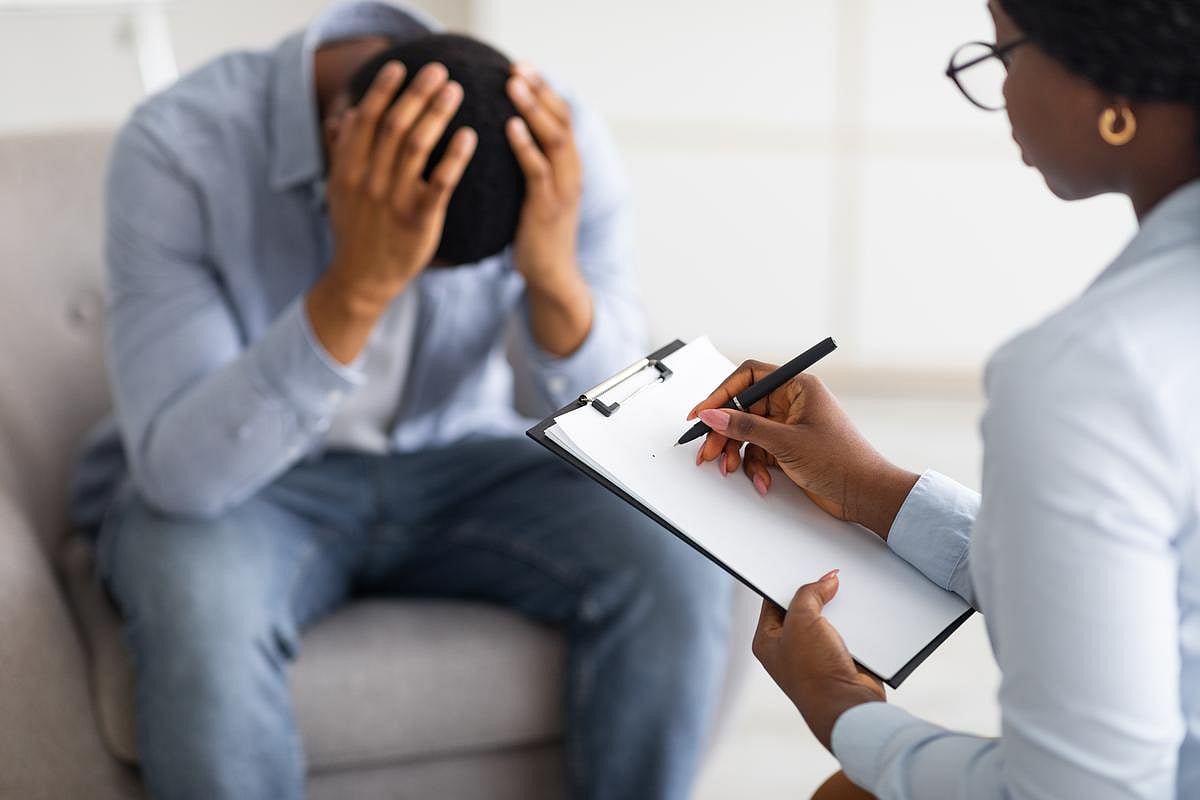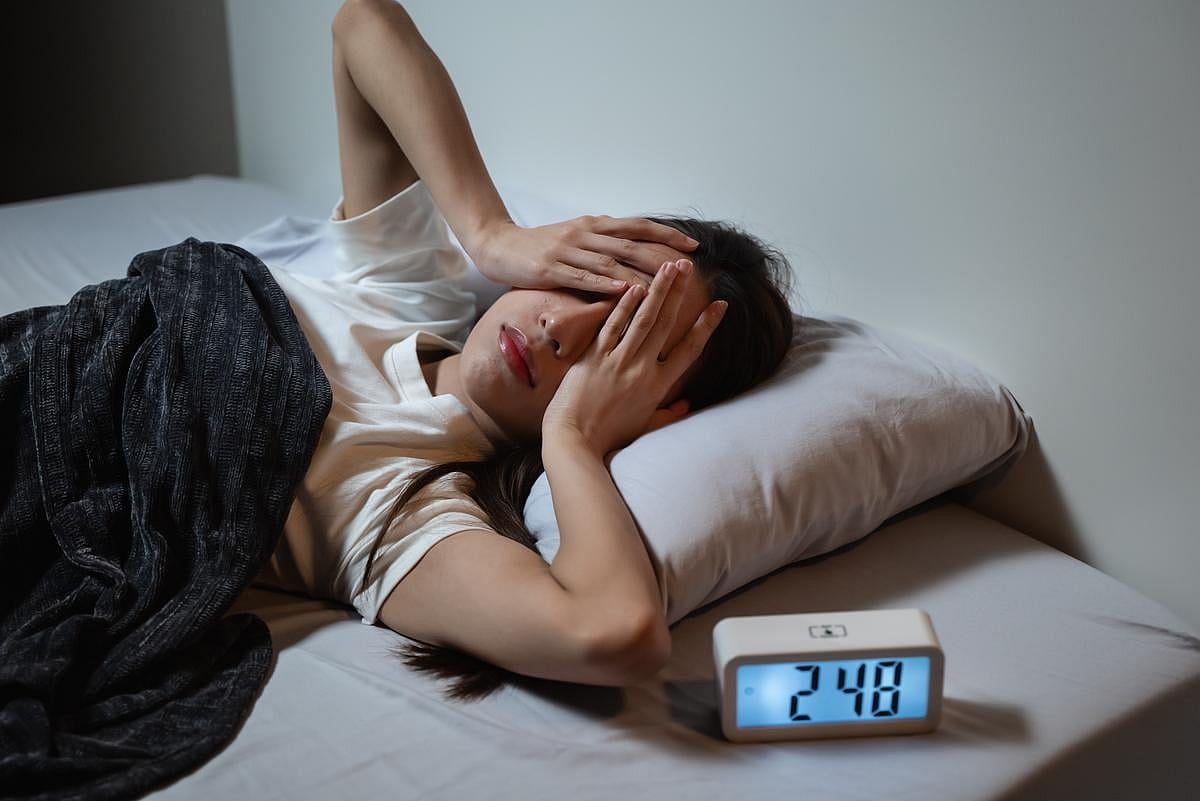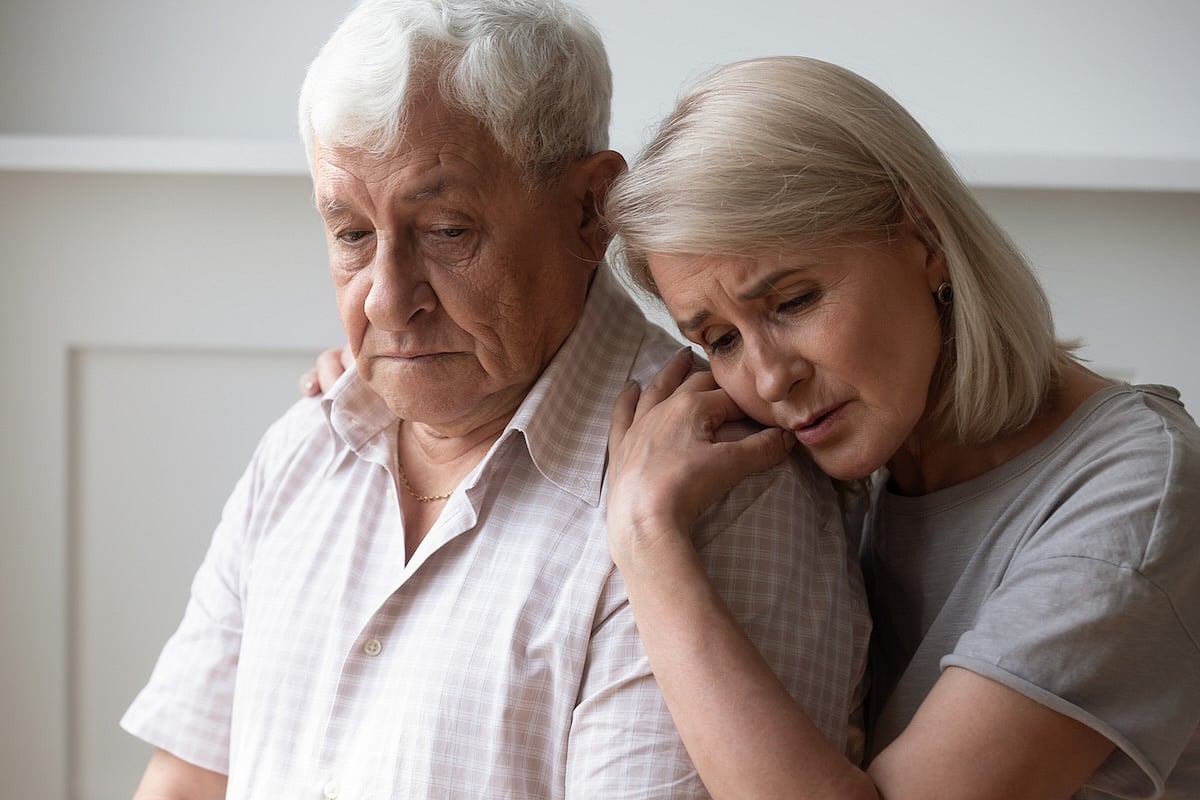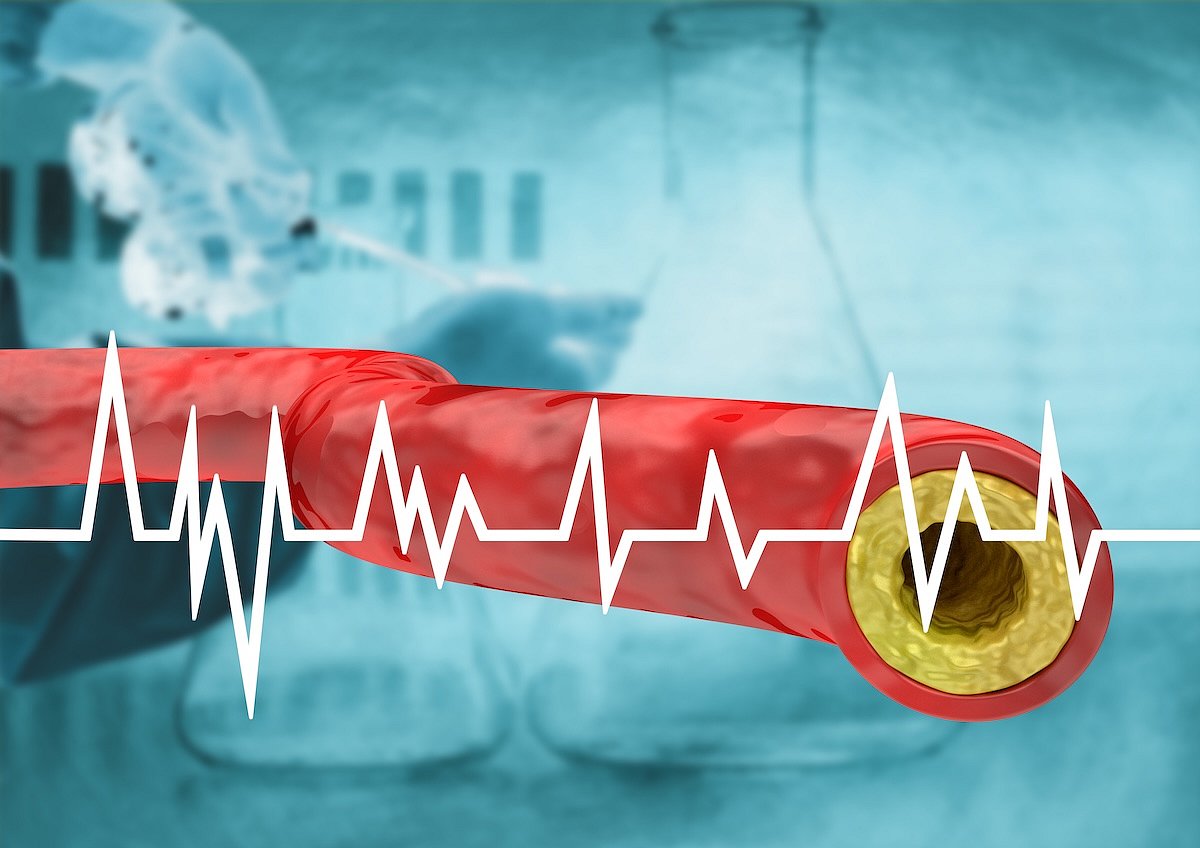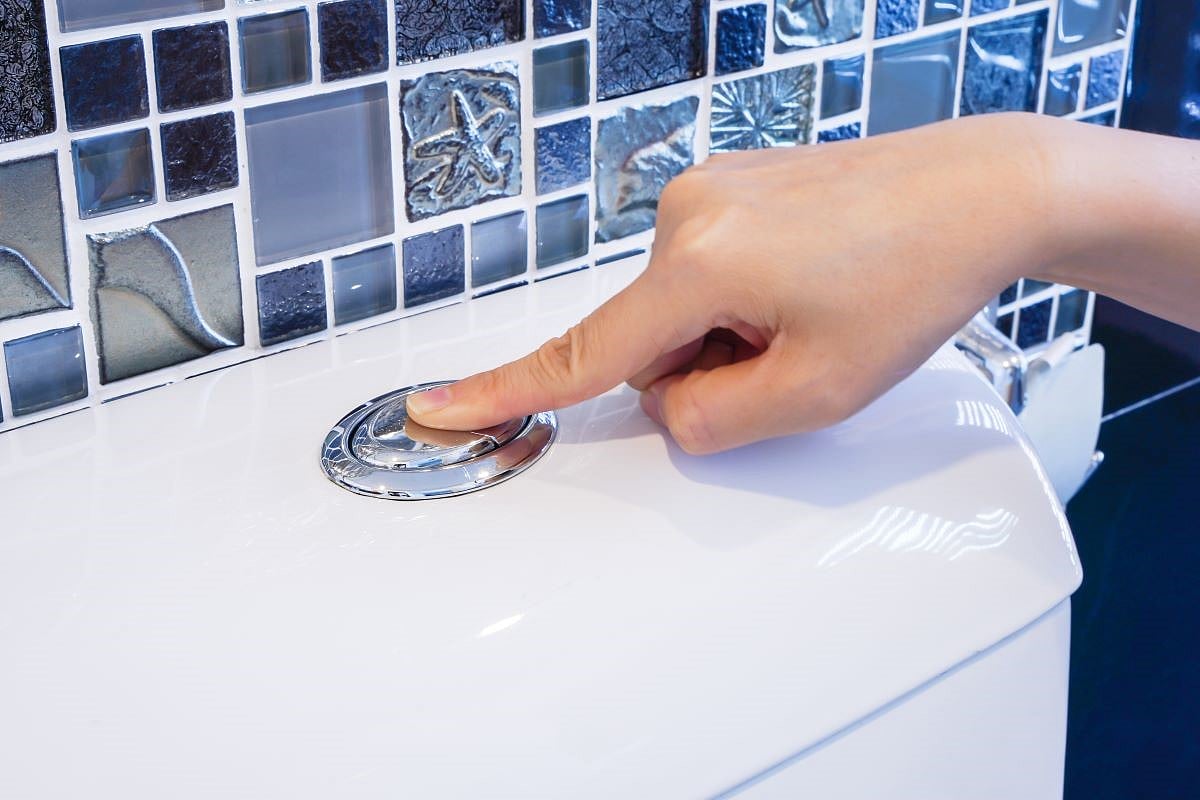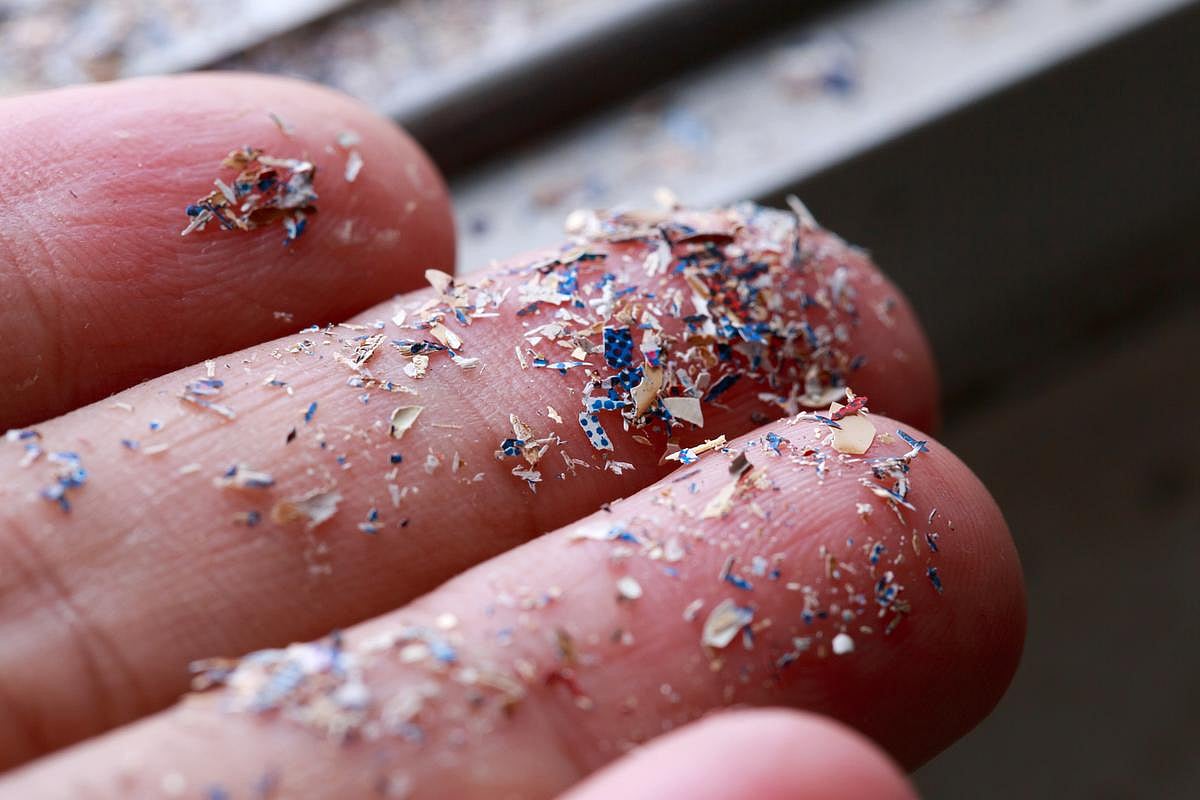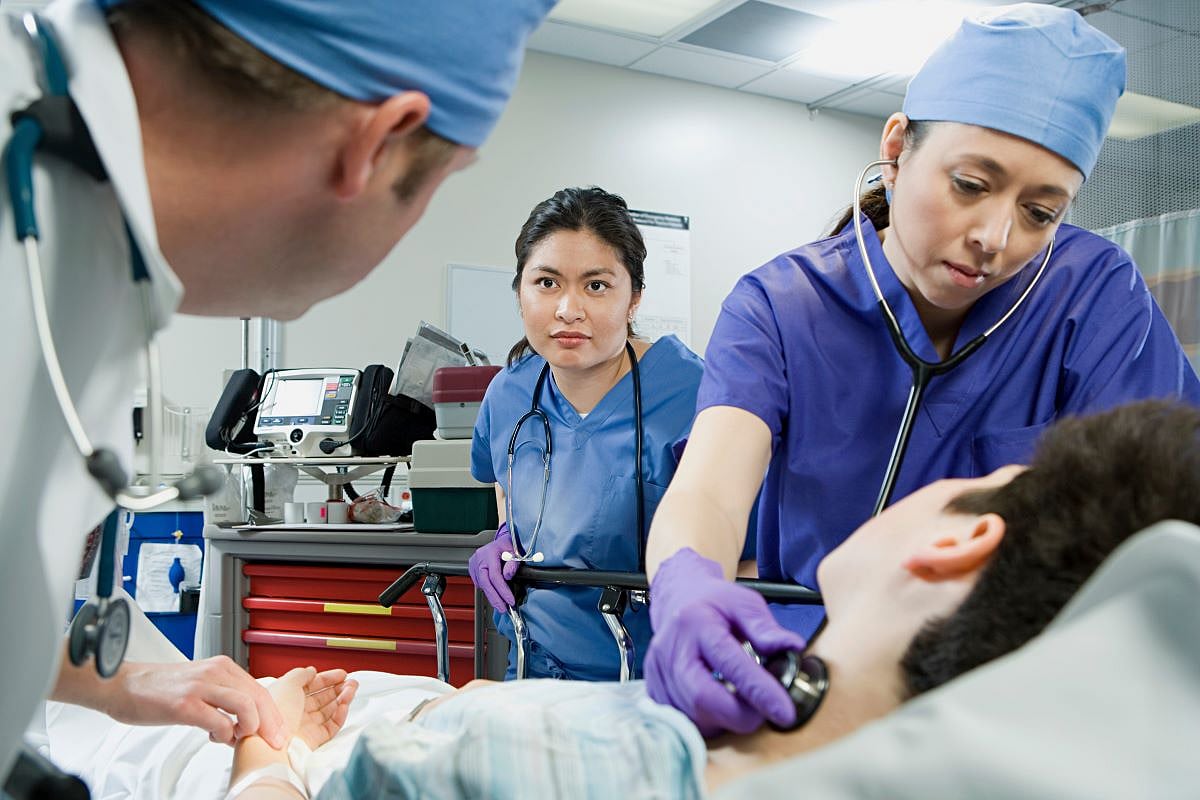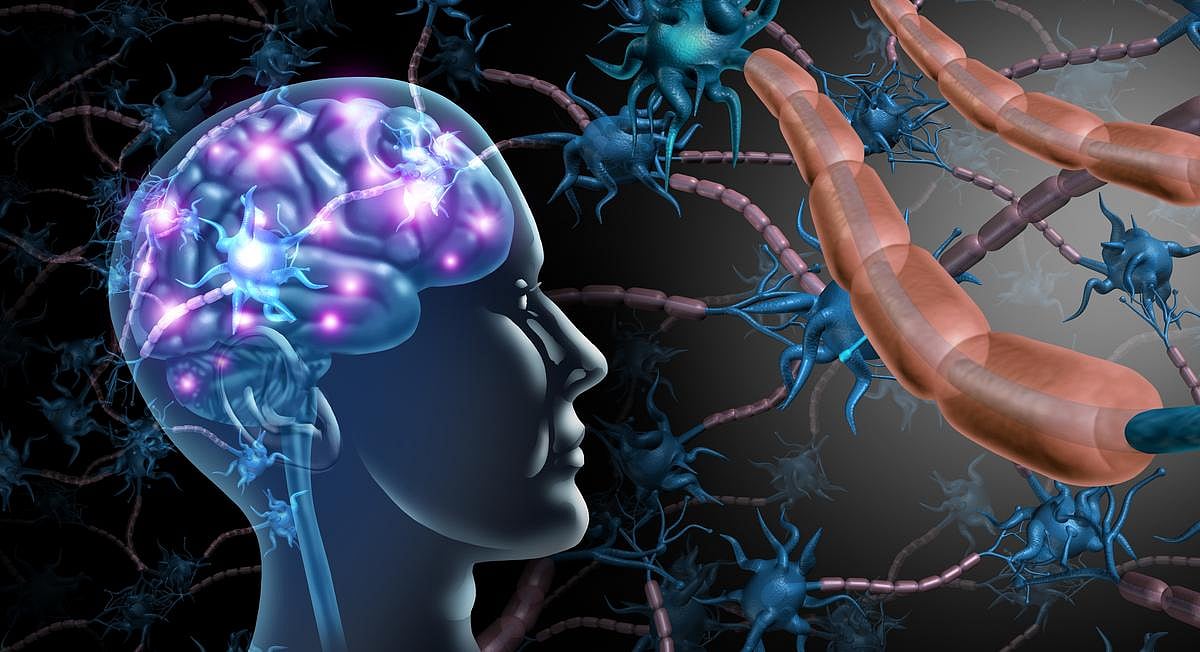Get Healthy!
Results for search "Heart / Stroke-Related: Stroke".
Health Videos - 12
Health News Results - 271
People who follow a Mediterranean diet might lower their risk of stroke, a new study reports.
Overall, women who stuck most closely to an eating pattern resembling the Mediterranean diet had an 18% lower risk of any sort of stroke, researchers reported F...
- Dennis Thompson HealthDay Reporter
- |
- February 5, 2026
- |
- Full Page
Stroke rehabilitation might be focusing on the wrong side of a survivor’s body, a new study says.
Traditional rehab focuses on restoring strength and movement to the side of the body impaired by a stroke, researchers said.
But therapy targeted ...
- Dennis Thompson HealthDay Reporter
- |
- February 3, 2026
- |
- Full Page
Many pregnant and post-partum women who suffer a stroke had warning signs that health care professionals missed, a new study says.
More than 25% went to a doctor for stroke-related symptoms within the month prior to their stroke, but did not receive a timely diagnosis, researchers report in the journal Stroke
- Dennis Thompson HealthDay Reporter
- |
- February 2, 2026
- |
- Full Page
Women who’ve survived a stroke need to put much thought and planning into pursuing a pregnancy, experts say.
That’s because they are more than twice as likely to suffer another stroke either during pregnancy or soon after delivery, according to...
- Dennis Thompson HealthDay Reporter
- |
- January 30, 2026
- |
- Full Page
Dr. Dipika Aggarwal found her life turned upside down following her 2019 stroke.
At just 38, the neurologist from Kansas City, Missouri, went from a thriving career to months in intensive rehab, followed by isolation during the COVID lockdown.
&ldquo...
- Dennis Thompson HealthDay Reporter
- |
- January 29, 2026
- |
- Full Page
Stroke survivors might benefit from electromagnetic pulses that stimulate their brains and spur on their recovery, a new study says.
This treatment — called electromagnetic network-targeted field (ENTF) therapy — significantly reduced disabilit...
- Dennis Thompson HealthDay Reporter
- |
- January 29, 2026
- |
- Full Page
Do you prefer to stay up late, living it up through the night while everyone else is snoozing away?
You might be doing your heart health a disservice, a new study says.
Middle-aged and older night owls appear to have worse heart health, likely due to unhealthy lifestyle choic...
- Dennis Thompson HealthDay Reporter
- |
- January 28, 2026
- |
- Full Page
Gout patients could be getting some heart-healthy added benefits from managing their condition effectively, a new study says.
Drugs that lower uric acid levels in the blood also appear to reduce a person’s risk of heart attack and stroke, researchers reported Jan. 26 in JAMA Internal Medicin...
- Dennis Thompson HealthDay Reporter
- |
- January 27, 2026
- |
- Full Page
Heart disease and stroke are America’s top killers, a new American Heart Association (AHA) report says.
Together, heart disease and strok...
- Dennis Thompson HealthDay Reporter
- |
- January 22, 2026
- |
- Full Page
Hospitals are being inappropriately penalized for lifesaving stroke procedures, due to faulty federal methods for analyzing hospital safety, a new study says.
The measure is intended to assess “failure-to-rescue” — a hospital’s fail...
- Dennis Thompson HealthDay Reporter
- |
- January 20, 2026
- |
- Full Page
People on the verge of type 2 diabetes can cut their risk of death from heart disease by more than 50% if they bring their blood sugar levels back to normal, a new study says.
Patients with prediabetes...
- Dennis Thompson HealthDay Reporter
- |
- December 22, 2025
- |
- Full Page
Depression and anxiety are linked to a higher risk of heart attack, heart disease and stroke, and researchers now think they know why.
These mood disorders appear to drive brain activity and nervous system responses that place additional stress on the heart, researchers repo...
- Dennis Thompson HealthDay Reporter
- |
- December 19, 2025
- |
- Full Page
Energy drinks might give you wings, unleash the beast or fuel your grind — but chugging too many might pose a serious stroke risk, doctors warn.
An otherwise fit and healthy man in his 50s with a daily eight-can habit found out the hard way, according to a case study published Dec. 9 in the journal BMJ Case...
- Dennis Thompson HealthDay Reporter
- |
- December 10, 2025
- |
- Full Page
Use of head CT scans in U.S. emergency departments has more than doubled over the past 15 years, a new study says.
Nearly 16 million head CT scans were ordered by ERs in 2022, up from under 8 million in 2007, researchers reported Nov. 17 in the journal Neurology.
“Head CT scans are a critica...
- Dennis Thompson HealthDay Reporter
- |
- November 20, 2025
- |
- Full Page
Usually, it’s not until late middle age that folks start worrying about heart disease.
But a first-of-its-kind online calculator is now available to help adults as young as 30 forecast their risk of heart problems decades out, researchers reported Nov. 17 in the Journal of the American College of Cardiology....
- Dennis Thompson HealthDay Reporter
- |
- November 18, 2025
- |
- Full Page
Low-dose aspirin is no longer universally recommended to prevent heart health emergencies, but it might help people with type 2 diabetes, a new study says.
People with type 2 diabetes who took low-dose aspirin were less likely to have a
People’s risk of heart attack or stroke skyrockets after a bout with the flu or COVID, a new evidence review says.
Folks are four times more likely to have a heart attack and five times more likely to have a stroke within a month of infection with influenza, researchers reported today in the ...
- Dennis Thompson HealthDay Reporter
- |
- October 29, 2025
- |
- Full Page
Reality TV star, actress and mom Kim Kardashian, 45, disclosed in the season premiere of “The Kardashians” that a small aneurysm was detected in her brain.
An aneurysm occurs when a blood vessel wall weakens and stretches, creating a balloon or bubble. While aneurysms can appear anywhere, those in the brain, known as cerebral aneurysms, are likely more common than people reali...
- Deanna Neff HealthDay Reporter
- |
- October 24, 2025
- |
- Full Page
If you need another reason to brush and floss, here it is: Research suggests keeping your mouth healthy might also protect your brain and heart.
Two new studies published Oct. 22 in Neurology Open Access linked gum disease and cavities to a higher risk of
Hidden deposits of fat deep inside the abdomen and liver can quietly increase your risk of stroke and heart attack, even if you appear to have a healthy weight.
Results from a new study showed that both liver fat and the visceral fat packed around internal organs increase ri...
- Dennis Thompson HealthDay Reporter
- |
- October 21, 2025
- |
- Full Page
Heart-related health problems might affect as many as 1 in 7 pregnancies, even among women without any prior heart disease, a new study says.
Researchers found a steady increase in heart-related health problems among more than 56,000 pregnancies between 2001 and 2019 in New Englan...
- Dennis Thompson HealthDay Reporter
- |
- October 9, 2025
- |
- Full Page
The healthy habits people adopt and stick with in their 20s and 30s have a massive and direct impact on their risk of a heart attack or stroke decades later, a landmark study says.
Young adults who fail to keep heart-healthy practices can see their risk of future heart disea...
- Dennis Thompson HealthDay Reporter
- |
- October 9, 2025
- |
- Full Page
Nearly everyone who suffers a heart attack, stroke or heart failure had at least one warning sign that cropped up years before, a new study says.
More than 99% of patients had one or more risk factors prior to their heart emergency, including high blood pressure, elevated ch...
- Dennis Thompson HealthDay Reporter
- |
- September 30, 2025
- |
- Full Page
Heart disease remains the world’s top killer, causing 1 in every 3 deaths around the globe, a new study says.
Worldwide, the number of heart-related deaths has risen sharply, climbing to 19.2 million in 2023 from 13.1 million in 1990, researchers reported in the Journal of the American College of Cardiology.
H...
- Dennis Thompson HealthDay Reporter
- |
- September 25, 2025
- |
- Full Page
Regular mammograms might offer a “two-for-one” opportunity to protect women’s health, a new study says.
Mammograms can be used to successfully predict heart disease risk in women, on top of their ability to detect early breast cancers, researchers reported Sept. 16 in the journa...
- Dennis Thompson HealthDay Reporter
- |
- September 17, 2025
- |
- Full Page
The shingles vaccine not only protects against the painful skin infection, but also might provide heart health benefits, a new study says.
Shingles vaccination also appears to lower a person’s risk of heart attack and stroke, according to an evidence review presented Thursday at the European Society of Cardiology’s annual meeting in Madrid.
“We looked at the curren...
- Dennis Thompson HealthDay Reporter
- |
- August 29, 2025
- |
- Full Page
Seniors with known heart-related problems aren’t doing a very good job taking steps to protect their health, a new study says.
Older folks with high blood pressure, stroke survivors and heart failure patients in the United States all have been neglecting Life’s Essen...
- Dennis Thompson HealthDay Reporter
- |
- August 20, 2025
- |
- Full Page
Tight control over blood pressure is not only good for patients, but is also cost-effective health care, a new study says.
Controlling blood pressure to below 120 systolic prevents more heart attacks, strokes, cases of heart failure and other heart-related health problems, compa...
- Dennis Thompson HealthDay Reporter
- |
- August 20, 2025
- |
- Full Page
Victims of stalkers appear to have an increased risk of heart disease, a new study says.
Women who had been stalked or had obtained a restraining order were more likely to develop heart problems later in life, researchers reported in the journal
A newly refined test can help detect which people with abnormal heart rhythms need treatment for an increased risk of stroke, researchers report.
Adding blood tests to an existing risk calculator can help doctors suss out which patients with
Adding distance to your daily walk and picking up your pace can help reduce risk of heart problems associated with high blood pressure, a new study says.
Compared to a minimum step count of 2,300 steps, every 1,000 additional steps are associated with a 17% lower risk of heart att...
- Dennis Thompson HealthDay Reporter
- |
- August 7, 2025
- |
- Full Page
Tens of thousands of people suffer needless heart attacks and strokes every year because they aren’t taking cholesterol-lowering drugs, a new study says.
More than 39,000 deaths, nearly 100,000 non-fatal heart attacks and up to 65,000 strokes in th...
- HealthDay Reporter
- Dennis Thompson
- |
- July 2, 2025
- |
- Full Page
The health of women who experience severe bleeding after giving birth can remain in peril for up to 15 years afterward, a major new evidence review says.
Women who survive postpartum hemorrhage are 76% more likely to suffer health problems like heart failure, stroke and heart disease for more than a decade afterward, researchers report in the
Noshing on veggies, grains, beans and other high-fiber foods can help your heart as well as your gut health, a new study says.
People with low-fiber diets are more likely to have narrowed arteries caused by the buildup of plaque, researchers reported ...
- HealthDay Reporter
- Dennis Thompson
- |
- June 27, 2025
- |
- Full Page
Virtual reality (VR) training might help stroke survivors regain their arm movement, a new evidence review says.
The results indicate that VR could be a promising tool to boost rehab efforts, mainly by increasing the amount of therapy patients receive, res...
- HealthDay Reporter
- Dennis Thompson
- |
- June 24, 2025
- |
- Full Page
Weed is associated with a doubled risk of death from heart disease, a new evidence review shows.
The study also found that marijuana use is linked to an increased risk of stroke and heart attack
- HealthDay Reporter
- Dennis Thompson
- |
- June 23, 2025
- |
- Full Page
Infertility appears linked to women’s risk of heart problems, an evidence review suggests.
Women who are infertile have an increased risk of heart disease and ...
- HealthDay Reporter
- Dennis Thompson
- |
- June 18, 2025
- |
- Full Page
Talk therapy can help stroke survivors who are in the throes of depression or anxiety, a new study says.
About half of patients (49%) fully recovered from a post-stroke mood disorder after participating in talk psychotherapy, researchers reported recently in the journal
A hallmark of accelerated aging appears to be linked to an increased risk of dementia and stroke, a new study says.
Shorter telomere length in a person’s white blood cells is associated with the two brain diseases, researchers reported June 11 in the...
- HealthDay Reporter
- Dennis Thompson
- |
- June 12, 2025
- |
- Full Page
Difficulty sleeping after a mild stroke could be a sign of continuing brain health problems in some people, a new study says.
Stroke victims who spent more time in bed struggling to sleep had lower scores on tests of thinking and memory skills, researchers reported in the journal Neurology.
These patie...
- HealthDay Reporter
- Dennis Thompson
- |
- May 29, 2025
- |
- Full Page
“Broken heart syndrome” sounds like a romantic, fairy-tale notion -- the idea that suffering a devastating loss that can cause one’s heart to wither.
But this syndrome, formally known as Takotsubo cardiomyopathy, continues to be associated with a high rate of death and illness, researchers reported May 14 in the
People with Down syndrome have a much higher risk of stroke than people without the genetic disorder, a new study says.
Down syndrome patients have a 5.14 times higher risk of a stroke caused by a brain bleed, and more than 4 times higher risk of a stroke ...
- HealthDay Reporter
- Dennis Thompson
- |
- May 8, 2025
- |
- Full Page
The shingles vaccine has benefits that stretch beyond protecting older adults from the painful skin condition, a new study says.
Folks who get the shingles jab have a 23% lower risk of health problems like stroke, heart failure and heart disease, researc...
- HealthDay Reporter
- Dennis Thompson
- |
- May 7, 2025
- |
- Full Page
THURSDAY, April 24, 2025 (HeathDay News) -- Doctors might be able to use a new scoring system to avoid unnecessary surgery to prevent strokes, a new study shows.
Patients with clogged arteries often undergo surgery to reopen blood vessels choked by plaques...
- HealthDay Reporter
- Dennis Thompson
- |
- April 24, 2025
- |
- Full Page
Women suffering from urinary incontinence might have a greater risk of heart disease, a new study says.
Women who struggle with bladder control are more likely to have risk factors associated with heart health problems, including type 2 diabetes and high cholesterol, researchers reported in the ...
- HealthDay Reporter
- Dennis Thompson
- |
- April 24, 2025
- |
- Full Page
Microplastics could be contributing to clogged arteries, increasing people’s risk of heart attack or stroke, a new study says.
Fatty plaques in neck arteries can contain more than 50 times as much microplastics as are found in arteries free of plaque...
- HealthDay Reporter
- Dennis Thompson
- |
- April 23, 2025
- |
- Full Page
Migraines, blood clots in veins, kidney or liver disease, and cancer aren’t typically considered conditions that put a person at increased danger for stroke.
But these less-common risk factors can more than double the odds of having a stroke in fol...
- HealthDay Reporter
- Dennis Thompson
- |
- April 18, 2025
- |
- Full Page
Lucy Mulloor woke one morning to find she couldn’t call out to her two daughters, who were bustling about the kitchen.
She also couldn’t move the right side of her body, and only attracted her girls’ attention by falling to the floor after working her way to the side of the bed.
The 45-year-old single mom had experienced a massive
Brain diseases like stroke, dementia and depression share common risk factors, and changing any can lower a person’s risk of all three conditions, a new study says.
Addressing factors as varied as blood pressure, blood sugar, cholesterol, physical ac...
- HealthDay Reporter
- Dennis Thompson
- |
- April 9, 2025
- |
- Full Page














